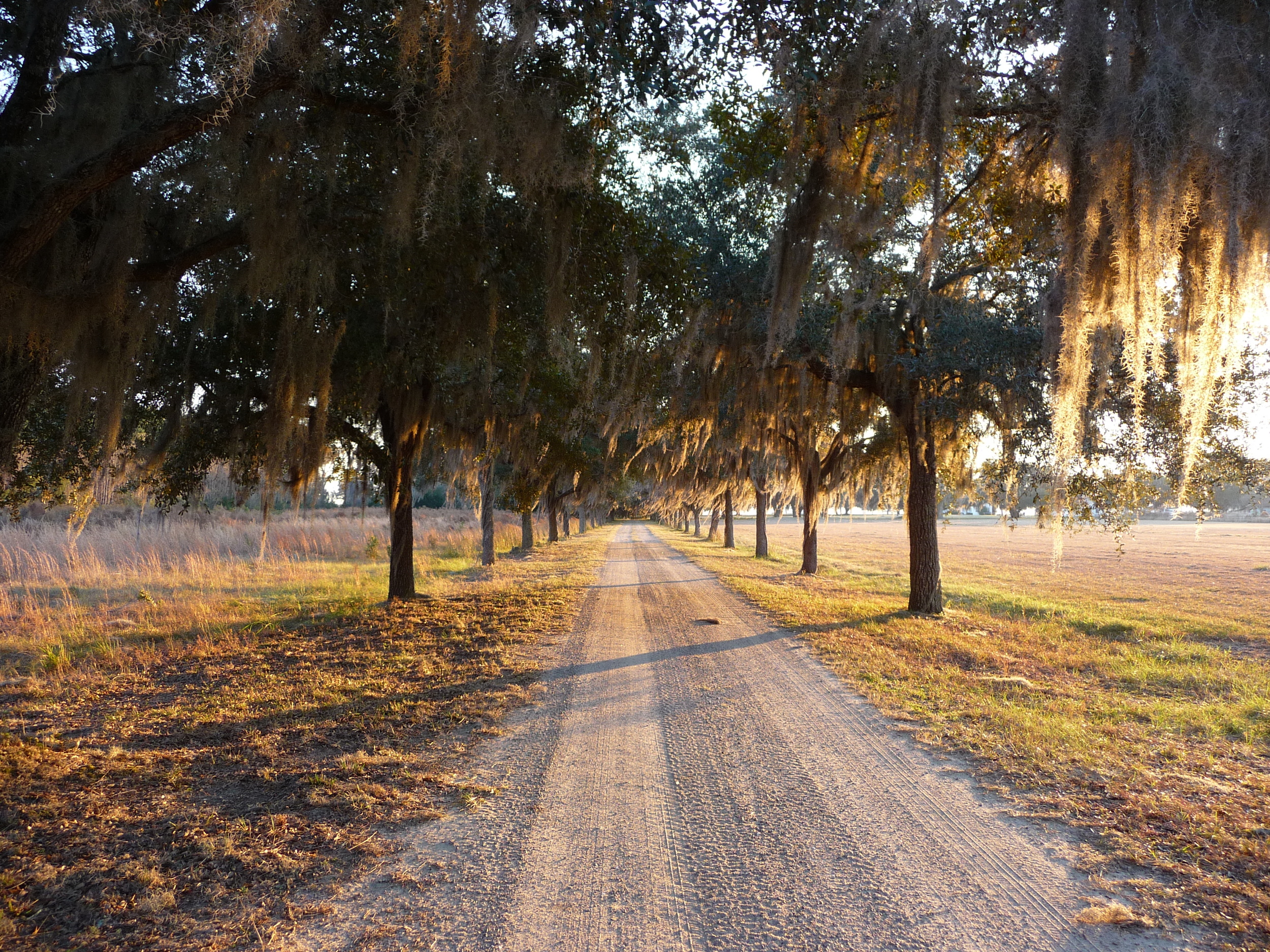Originally published for CNU-Carolinas in Lowcountry Weekly on October 23, 2012
The phrase “new urbanism” typically calls to mind things like multi-story buildings, attached dwellings, and dense urban streets with a mix of uses. In other words: cities and towns, rather than farms and rural lands. But the two aren’t mutually exclusive. In fact, each can actually support the well-being of the other, and both must work together to contribute toward a truly healthy community.
credit: Beaufort County Open Land Trust
In and of themselves, the principles of New Urbanism support rural land conservation simply by the nature of compact mixed-use development achieving higher densities than conventional suburban sprawl, therefore reducing open land consumption. But the Charter of New Urbanism, the document which lays out the principles of the movement, goes much deeper in specific support for the conservation of natural environments:
“The Congress for the New Urbanism views disinvestment in central cities, the spread of placelesssprawl, increasing separation by race and income, environmental deterioration, loss of agricultural lands and wilderness, and the erosion of society’s built heritage as one interrelated community-building challenge.”
Acclaimed “conservation planner” and author of the bookRural by Design: Maintaining Small Town Character, Randall Arendt describes a “felicitous byproduct” of land preservation resulting from tighter development patterns, but clearly New Urbanism’s intended outcomes are much more purposeful. Across the country, New Urbanist and Smart Growth advocates work side-by-side with local, state, and national rural land protection agencies to achieve planning outcomes that support both the natural habitat and the human habitat simultaneously and self-supportingly.
That is nowhere more true than here in Beaufort County, where the Rural + Critical Land Preservation Program and the local Congress for New Urbanism-Beaufort chapter share goals, initiatives, and even membership. In a place where the natural environment is the single greatest resource attracting growth, it is undeniable that protecting our natural environment is a requirement for any successful development, and is crucial to the long-term sustainability of our community.
As the CNU Charter states, “The metropolis has a necessary and fragile relationship to its agrarian hinterland and natural landscapes. The relationship is environmental, economic, and cultural.”
The Beaufort County Rural + Critical Land Preservation Program might be mistakenly thought of as simply a necessary cost for protecting our county’s rural character, but in truth, the program has a far greater impact on our community. Protecting the delicate headwaters of our rivers and streams ensures that our waterways can reverse or altogether avoid impaired status, supporting both the mariculture industry and our maritime past times. Protecting open space surrounding Marine Corps Air Station-Beaufort from development ensures that our county’s greatest economic driver can continue to operate unencumbered. Protecting the many historically- and culturally-significant sites across our county ensures that future generations will know the diversity of our ancestors and the importance of this place we call home through the many chapters of our nation’s history. And protecting farmland and working farms not only contributes to a growth industry in Beaufort County but helps preserve a way of life that is central to the heritage of our region.
credit: Beaufort County Open Land Trust
Spreading this message, Rural + Critical has launched a public outreach and education effort, raising awareness of this important program in our community and the achievements it has made since it began in 1999. Preserving Beaufort County’s rural character through protection of 76 properties and over 20,000 acres, the program has an amazing story to tell. You can learn more about Rural + Critical at various community events over the course of the fall, at their newly-launched website (www.ruralandcritical.org), and even through social media (Twitter: @ruralcritical; Facebook: www.facebook.com/ruralandcritical).
Looking toward the future, it is through partnership and teamwork that the Rural + Critical program will continue to serve Beaufort County in preserving lands deemed critical by residents of our community. The Congress for New Urbanism is a natural partner and a willing participant, in working to protect our rural environment while contributing toward a stronger built environment. We congratulate Rural + Critical on a continued job well done and we look forward to what the future holds for our environment, urban and rural alike.
This article was written for Lowcountry Weekly by the Congress for the New Urbanism (CNU), Beaufort Chapter. For more information, visit www.cnu.org.


